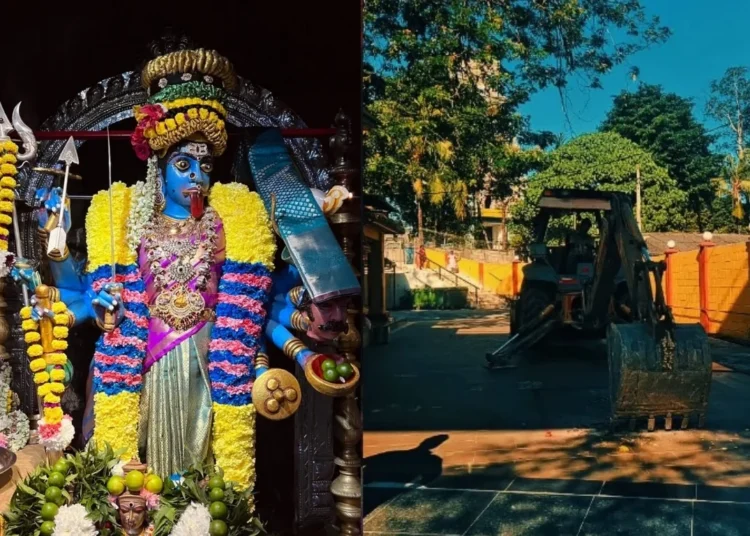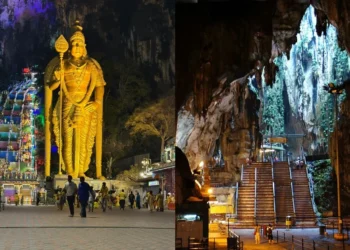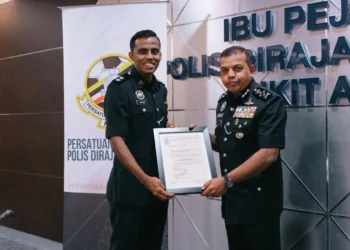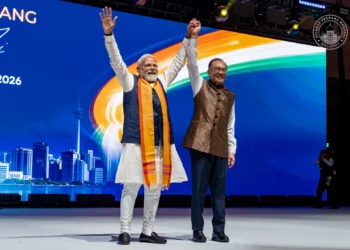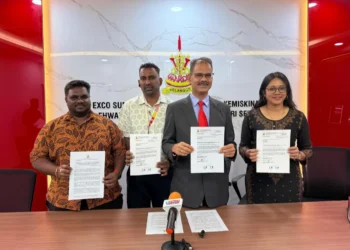Every year on August 15th, India celebrates its Independence Day with great fervor and patriotism. This day marks the anniversary of India’s liberation from British colonial rule, a milestone that was achieved in 1947 after years of struggle, sacrifice, and unwavering determination. Independence Day is not just a public holiday; it is a symbol of the nation’s enduring spirit, its diversity, and its commitment to democratic ideals.
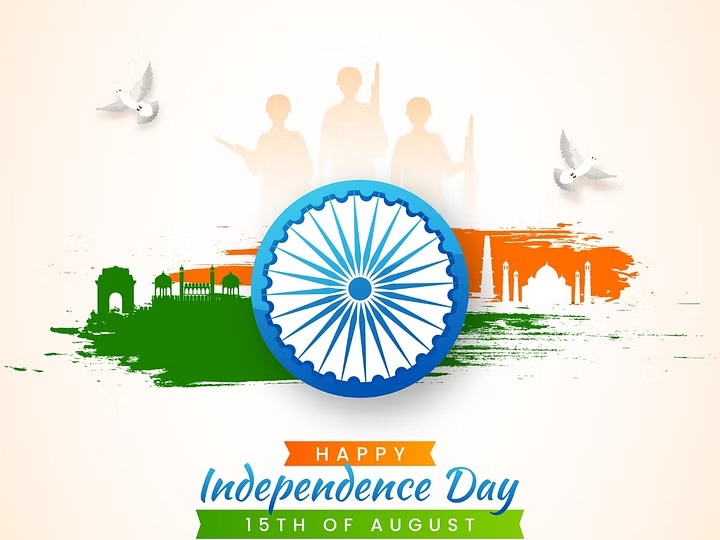
The Historical Significance
India’s journey to independence was long and arduous, marked by numerous movements, protests, and sacrifices by countless freedom fighters. The British East India Company established its presence in India in the early 17th century, and over the next two centuries, British rule expanded across the subcontinent. The Indian independence movement gained momentum in the late 19th century, with leaders like Mahatma Gandhi, Jawaharlal Nehru, Subhas Chandra Bose, and Sardar Vallabhbhai Patel playing pivotal roles in the struggle.
Mahatma Gandhi’s Philosophy of Ahimsa (Non-Violence)
Mahatma Gandhi played a pivotal role in India’s struggle for independence through his unique approach of non-violence and civil disobedience. His philosophy became the cornerstone of the Indian freedom movement and significantly shaped the course of the nation’s history.
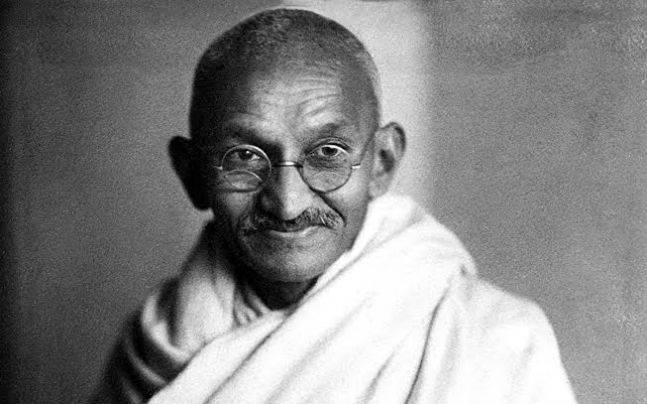
Mahatma Gandhi, inspired by his own experiences and the teachings of various philosophers and leaders, adopted the principle of non-violence, or ahimsa, as the foundation of his political and social activism. He believed that non-violent resistance was the most powerful tool to achieve social and political change. This principle was not only a moral stance but also a practical strategy to mobilize the masses against the oppressive British rule.
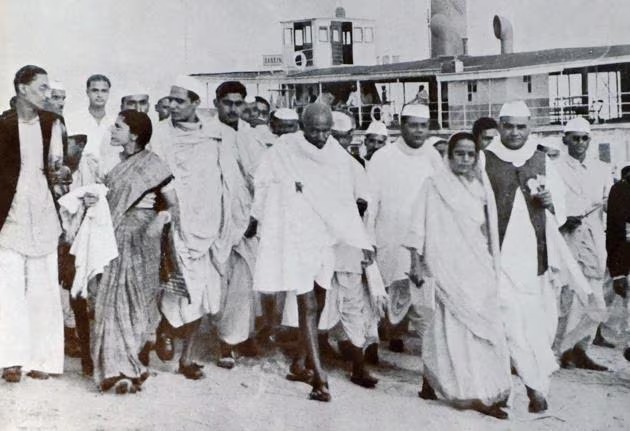
Gandhi’s innovative strategies and ability to mobilize diverse groups were crucial in advancing the independence movement. His efforts culminated in India gaining freedom on August 15, 1947, marking the end of colonial rule and the beginning of a nation founded on principles of equality, justice, and secularism.
Jawaharlal Nehru as India’s First Prime Minister
On August 15, 1947, Jawaharlal Nehru was appointed as the first Prime Minister of independent India, marking a pivotal moment in the nation’s history. A key leader in the Indian National Congress and a close associate of Mahatma Gandhi, Nehru was chosen for his extensive political experience and vision for a modern, democratic India. His leadership was crucial in addressing the immediate challenges of partition, establishing democratic institutions, and setting the direction for the country’s development. Nehru’s policies focused on industrialization, education, and non-alignment, shaping India’s growth and its role on the global stage.
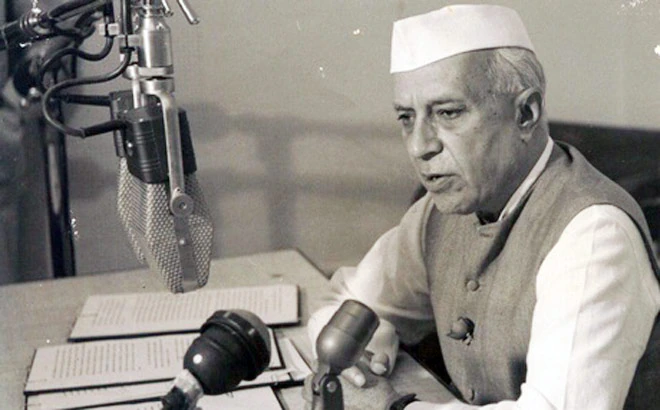
Celebrations Across the Nation
Independence Day is celebrated with grandeur across India. The main event takes place at the Red Fort in New Delhi, where the Prime Minister hoists the national flag and addresses the nation. The event is followed by a parade showcasing India’s cultural diversity, military strength, and achievements in various fields. A cherished tradition during these celebrations is the rendition of the national anthem, “Jana Gana Mana,” composed by Rabindranath Tagore.
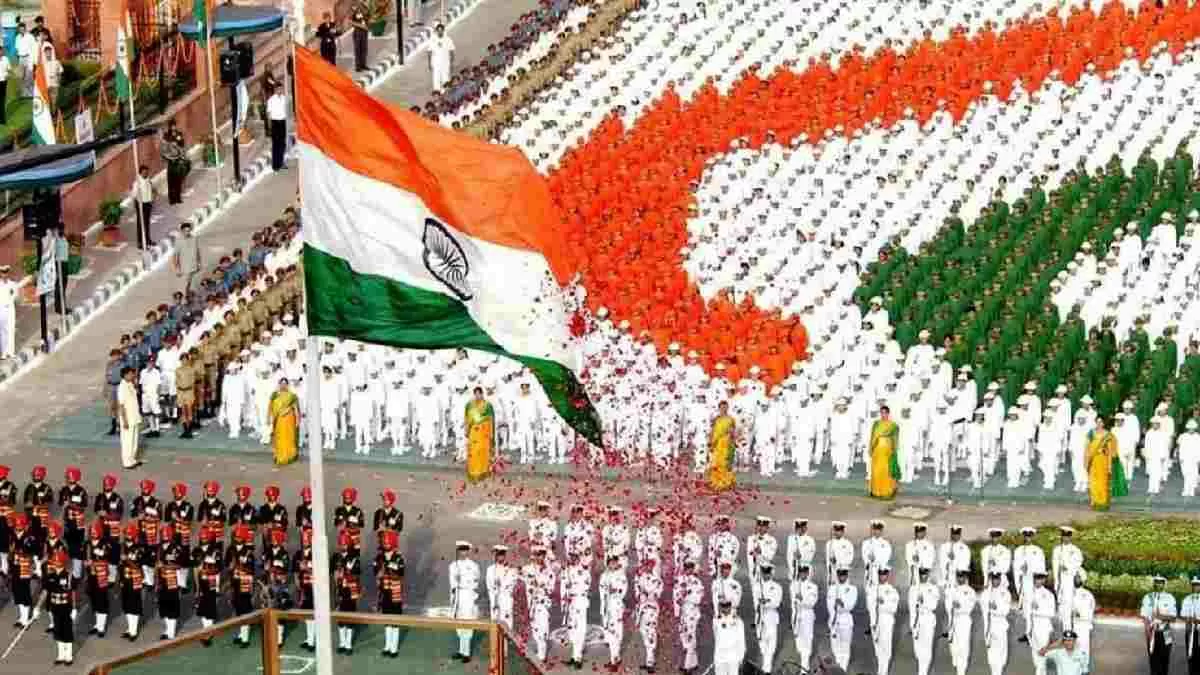
During Independence Day celebrations, “Jana Gana Mana” is performed with great reverence, often accompanied by the raising of the national flag and the ceremonial salute. It is a moment of national unity, where people from all walks of life stand together in respect and solidarity, reflecting on the shared values of freedom and sovereignty. In every state and union territory, similar ceremonies are held, with the national flag being hoisted in government offices, schools, and public places. Cultural programs, patriotic songs, and performances add to the festive atmosphere.
A Day of Reflection and Renewal
Independence Day is a reminder of the unity in diversity that defines India. It is a day to celebrate the progress made, to honor the sacrifices of those who fought for freedom, and to commit to the ongoing journey of building a stronger and more united India. Despite the challenges posed by linguistic, cultural, and religious differences, India has remained a strong and vibrant democracy.
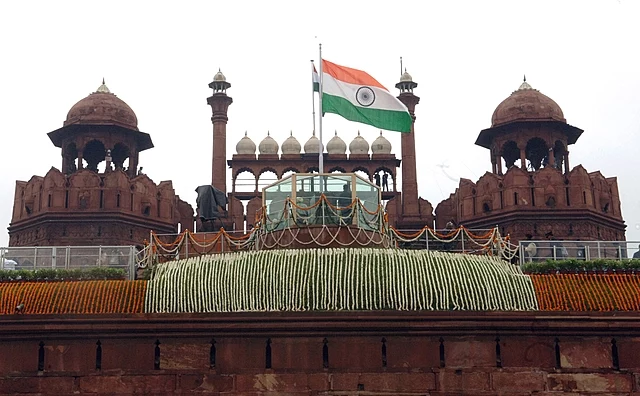
As the nation celebrates its 77th Independence Day this year, there is a renewed sense of hope and determination. The government and citizens alike are working towards the vision of a more prosperous, inclusive, and sustainable India. The challenges are many, but the spirit of independence, unity, and resilience that brought the nation to freedom continues to inspire. As the tricolor flag soars high in the sky and “Jana Gana Mana” resonates through the air, it reminds every Indian of the values of freedom, justice, and unity that define the nation.
Follow us on Instagram, Facebook or Telegram for more updates and breaking news.



